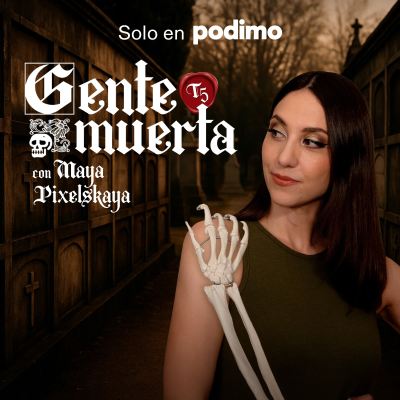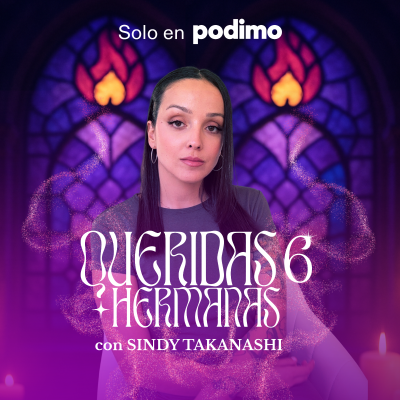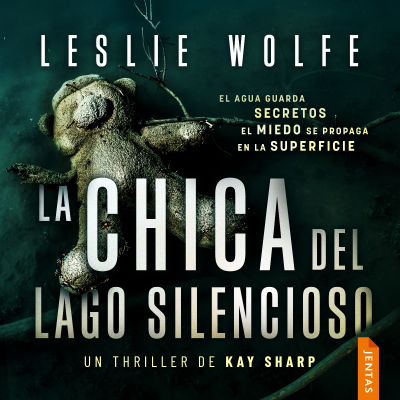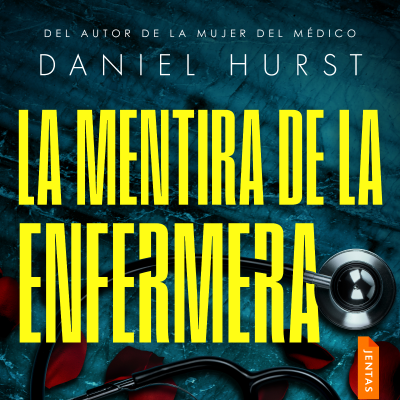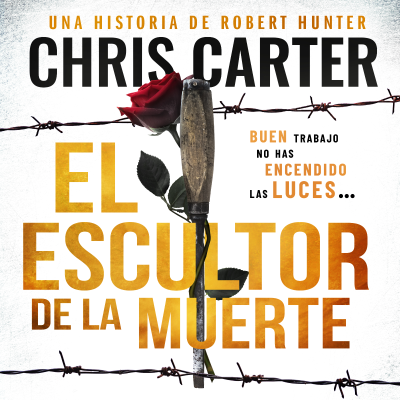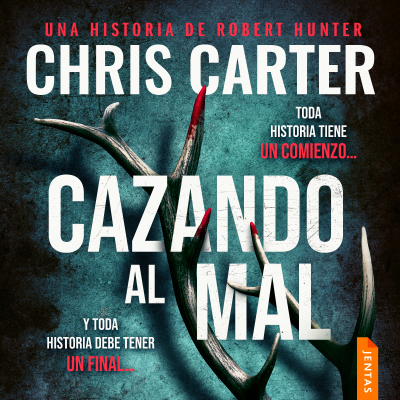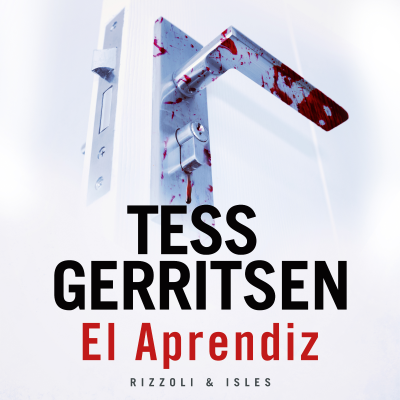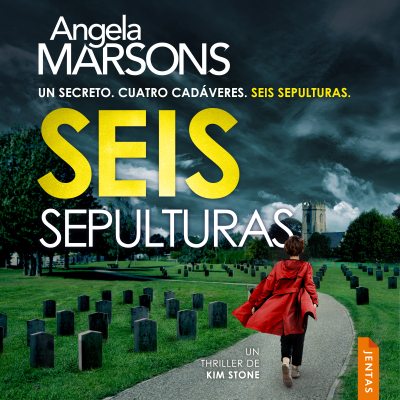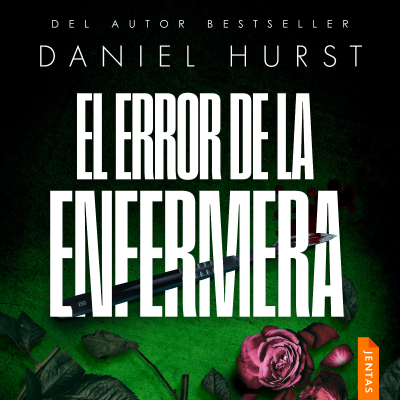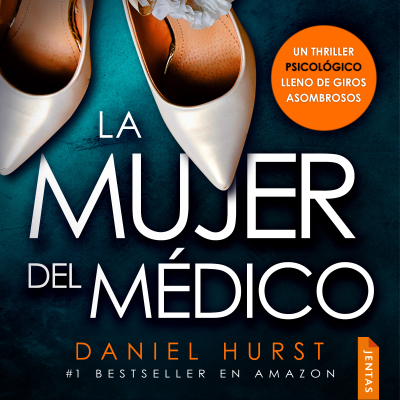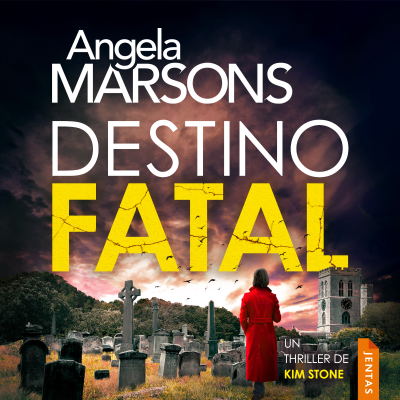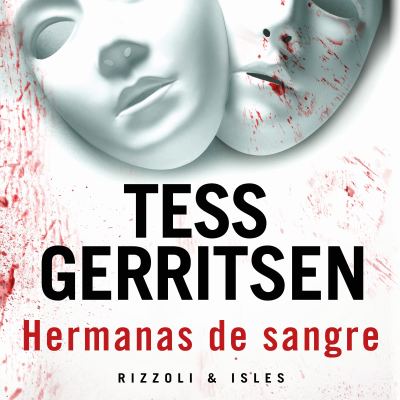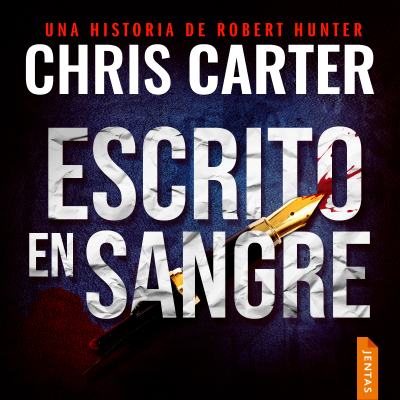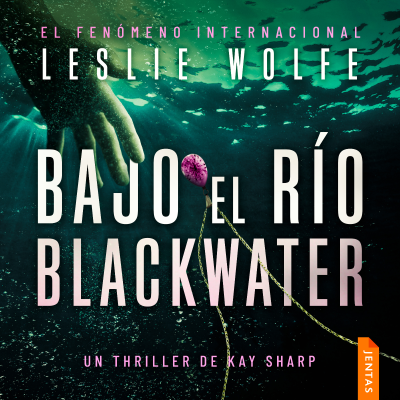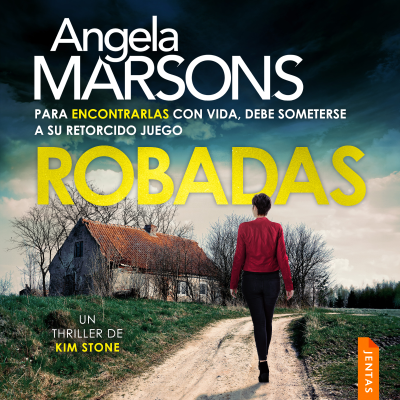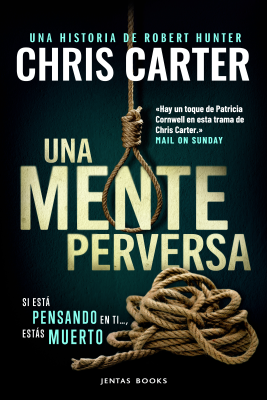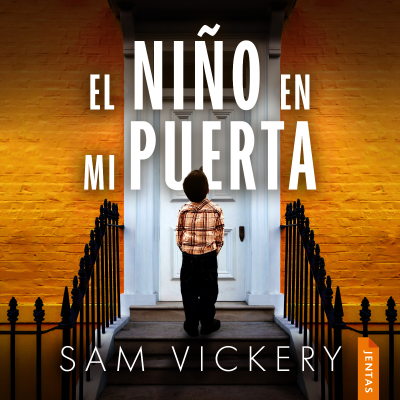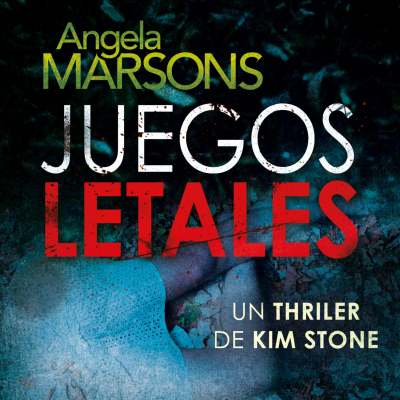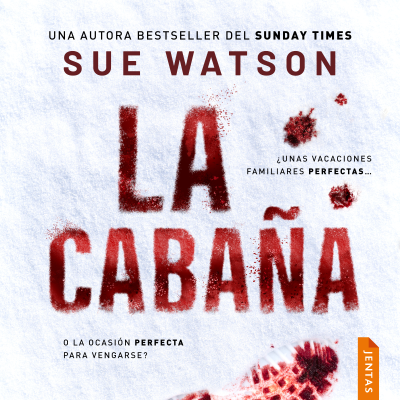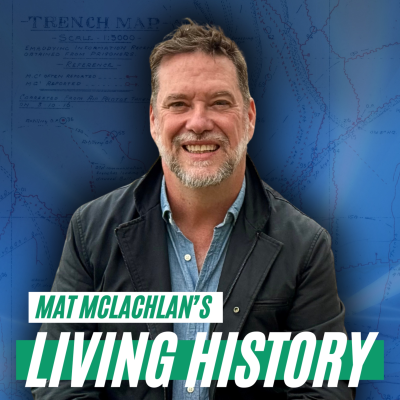
Living History with Mat McLachlan
inglés
Tecnología y ciencia
Disfruta 30 días gratis
4,99 € / mes después de la prueba.Cancela cuando quieras.
- 20 horas de audiolibros / mes
- Podcasts solo en Podimo
- Podcast gratuitos
Acerca de Living History with Mat McLachlan
Historian Mat McLachlan brings Australian history to life in this engaging, educational and entertaining podcast. From the ancient age to the modern world, take a trip through time with Living History! Hosted on Acast. See acast.com/privacy for more information.
Todos los episodios
286 episodiosEp260: The Road to Passchendaele - The Final Reckoning (Part 5)
On October 12th, 1917, Captain Clarence Jeffries led one hundred Australian troops toward a German machine gun position on the Passchendaele road. He'd already captured one pillbox that morning—exactly the kind of action that had worked brilliantly in September. But the ground had turned to liquid mud. The barrage was invisible. Everything was different. Jeffries was killed instantly, posthumously awarded the Victoria Cross for capturing ground that would be abandoned the next day. The Battle of Passchendaele represents the tragic final chapter of Third Ypres. In this episode, Mat McLachlan examines how an offensive that had proven the Western Front stalemate could be broken descended into one of history's ultimate symbols of futility. From the 66th Division's twelve-hour march through mud to reach their start line, to the 3rd Australian Division's 400-yard advance at the cost of 3,199 casualties, to General Currie's precise prediction of 16,000 Canadian losses—we witness the attacks that should never have happened. But we also confront the uncomfortable question: if September's battles taught the lessons that helped win the war in 1918, what does that mean for October's dead? Why did Field Marshal Haig continue attacking when every commander knew the ground was impossible? How did the same tactics that succeeded at Broodseinde fail so catastrophically at Passchendaele? What makes this battle both a vindication of tactical innovation and a monument to strategic delusion? "I thought the principle was to be 'hit, hit, hit, whenever the weather is suitable.' If so, that principle is thrown away at the first temptation." - General Hubert Gough, October 8th, 1917 Episode Length: 43 minutes Features: Captain Jeffries' Victoria Cross action, the sunk cost fallacy at GHQ, why Currie's prediction was exactly right, and the bitter irony of September's success drowning in October's mud. Series Conclusion: The final reckoning of Third Ypres—triumph and tragedy, lessons learned and lives lost. Presenter: Mat McLachlan Producer: Jess Stebnicki Ready to walk the battlefields? Join Mat's exclusive European tours: https://battlefields.com.au/ Find everything Mat is doing at https://linktr.ee/matmclachlan For more history: https://www.LivingHistoryTV.com ---------------------------------------- Hosted on Acast. See acast.com/privacy [https://acast.com/privacy] for more information.
Ep259: The Road to Passchendaele - Broodseinde Ridge (Part 4)
On October 4th, 1917 a thousand British guns opened fire on German positions along Broodseinde Ridge. What followed was described by Crown Prince Rupprecht as "the black day of the war." For the first time, German high command began to consider the unthinkable: that they might actually lose. The Battle of Broodseinde was the third and final success in General Plumer's carefully planned offensive. In this episode, Mat McLachlan reveals how a perfect convergence of tactics, timing and weather created what Charles Bean called "the most complete success so far won by the British Army in France." From the 3rd Australian Division's capture of the Tyne Cot blockhouse to the stunning double-blow of simultaneous attacks, we follow the forces that shattered German morale and captured the ridge that dominated the Ypres Salient. But we also witness what came after: the rains that turned the battlefield to porridge, and the attacks at Poelcappelle and Passchendaele that descended into nightmare. Why did German commanders panic after Broodseinde? How did tactics that worked perfectly on October 4th fail catastrophically days later? What makes the captured pillbox at Tyne Cot Cemetery the most significant monument on the Western Front? "We no longer know what to do." - Crown Prince Rupprecht's diary, October 4th, 1917 Episode Length: 42 minutes Features: The capture of the Tyne Cot blockhouse, Crown Prince Rupprecht's crisis of confidence, the weather that changed everything and why this single day's success could not be repeated. Next Episode: Passchendaele - the final, bloodiest phase of Third Ypres. Presenter: Mat McLachlan Producer: Jess Stebnicki Ready to walk the battlefields? Join Mat's exclusive European tours: https://battlefields.com.au/ Find everything Mat is doing at https://linktr.ee/matmclachlan For more history: https://www.LivingHistoryTV.com ---------------------------------------- Hosted on Acast. See acast.com/privacy [https://acast.com/privacy] for more information.
Ep258: The Road to Passchendaele - Polygon Wood (Part 3)
On September 26th, 1917, at Polygon Wood, three cousins from the same Australian pioneering family waited in the pre-dawn darkness. Raymond Single would soon be shot by a sniper who saw his luminous watch glow. Within hours, Hubert Thompson and Wilfred Single would also be dead. At 5:50 AM, a thousand guns opened simultaneously in what Frank Hurley called "a blinding sheet of flame." The Battle of Polygon Wood had begun. Six days after the success at Menin Road, General Plumer launched his second "bite and hold" attack. In this episode, Mat McLachlan reveals how Polygon Wood became both a perfect victory and a terrible revelation: the British Empire had finally learned how to win battles, but winning provided no relief from the slaughter. From Pompey Elliott holding the line while his brother died, to Patrick Bugden's five rescue missions into no-man's land, we follow the 4th and 5th Australian Divisions through what Charles Bean called possibly Elliott's greatest achievement—and one of the bloodiest days in Australian military history. Why did German commanders admit they had "no idea what to do"? How did 21,000 men become casualties in a victorious battle? What made the 5th Division choose this costly triumph for their memorial? "We are living through truly abominable days." - Colonel von Thaer, German High Command Episode Length: 45 minutes Features: The Single family tragedy, German crisis conference at Roulers, Company Sergeant Major Dewey's eyewitness account, and the moment when even perfect tactics couldn't change the arithmetic of death. Next Episode: Broodseinde—the black day that ended in rain. Presenter: Mat McLachlan Producer: Jess Stebnicki Ready to walk the battlefields? Join Mat's exclusive European tours: https://battlefields.com.au/ Find everything Mat is doing at https://linktr.ee/matmclachlan For more history: https://www.LivingHistoryTV.com ---------------------------------------- Hosted on Acast. See acast.com/privacy [https://acast.com/privacy] for more information.
Ep257: The Road to Passchendaele - Menin Road (Part 2)
On September 20th, 1917, at the Battle of Menin Road, Private Roy Inwood lay in the mud east of Ypres. His brother had died at Pozières the year before. In three hours, Roy would earn the Victoria Cross. The day after, he'd be dead. Nearby, three brothers from Petersham waited with their unit. By nightfall, their mother would have lost all three sons. After weeks of catastrophic failures under General Gough, Field Marshal Haig transferred command to General Herbert Plumer. In this episode, Mat McLachlan reveals how Plumer's methodical genius transformed the offensive: three weeks of preparation, limited objectives, overwhelming firepower—one gun for every five yards of front—and revolutionary tactics that reversed traditional doctrine. From predawn assembly through torrential mist to the devastating creeping barrage, we follow the 1st and 2nd Australian Divisions executing what Charles Bean called "probably their zenith"—the most perfectly coordinated attack of the war. Why did German counter-attacks fail so catastrophically? How did Plumer's "bite and hold" change tactical doctrine? What drove Roy Inwood to advance alone through his own barrage—twice? "Nothing I have heard in this world or can in the next could possibly approach its equal." - Australian soldier describing the barrage Episode Length: 42 minutes Features: Frank Hurley's battlefield diary, German assessments of defensive collapse, and the Seabrook brothers' final day. Next Episode: Polygon Wood—the high point of the offensive. Presenter: Mat McLachlan Producer: Jess Stebnicki Ready to walk the battlefields? Join Mat's exclusive European tours: https://battlefields.com.au/ Find everything Mat is doing at https://linktr.ee/matmclachlan For more history: https://www.LivingHistoryTV.com ---------------------------------------- Hosted on Acast. See acast.com/privacy [https://acast.com/privacy] for more information.
Ep256: The Road to Passchendaele - The Gathering Storm (Part 1)
When Field Marshal Douglas Haig launched his great Flanders offensive in July 1917, he believed he was unleashing the battle that would end the war. Instead, he condemned three-quarters of a million men to fight and die in what would become synonymous with the horror of the Western Front. In this opening episode, Mat McLachlan reveals how the stage was set for Third Ypres through a deadly convergence of strategic necessity and catastrophic weather. Through authentic accounts, we explore the crisis that made the battle inevitable: the French Army's collapse into mutiny after the disastrous Nivelle Offensive; the devastating U-boat campaign threatening to starve Britain into submission; and Haig's fateful decision to entrust his decisive battle to the aggressive General Hubert Gough rather than the methodical Herbert Plumer. From the spectacular success of Messines Ridge - where 19 massive mines vaporized 10,000 German soldiers in 19 seconds - to the opening disaster of July 31st when torrential rain transformed the battlefield, Mat captures the human drama and strategic miscalculations that defined the campaign's tragic opening. Why did Haig reject Plumer's plea to continue after Messines? How did catastrophically wrong weather predictions shape the battle? What drove Irish divisions from both sides of the religious divide to advance together into the slaughter at Langemarck? "In my opinion the war can only be won here in Flanders." - Field Marshal Douglas Haig, August 13, 1917 Episode Length: 43 minutes Features: Authentic diary entries, Crown Prince Rupprecht's battlefield assessments and firsthand accounts from German blockhouses to Irish trenches. Next Episode: The Australians enter the battle at Menin Road, testing new tactics against German steel and concrete. Presenter: Mat McLachlan Producer: Jess Stebnicki Ready to walk the battlefields? Join Mat McLachlan's exclusive European battlefield tours: https://battlefields.com.au/ [https://battlefields.com.au/] Find everything Mat is doing at https://linktr.ee/matmclachlan [https://linktr.ee/matmclachlan] For more history content, visit www.LivingHistoryTV.com [http://www.LivingHistoryTV.com] ---------------------------------------- Hosted on Acast. See acast.com/privacy [https://acast.com/privacy] for more information.
Elige tu suscripción
Premium
20 horas de audiolibros
Podcasts solo en Podimo
Podcast gratuitos
Cancela cuando quieras
Disfruta 30 días gratis
Después 4,99 € / mes
Premium Plus
100 horas de audiolibros
Podcasts solo en Podimo
Podcast gratuitos
Cancela cuando quieras
Disfruta 30 días gratis
Después 9,99 € / mes
Disfruta 30 días gratis. 4,99 € / mes después de la prueba. Cancela cuando quieras.
